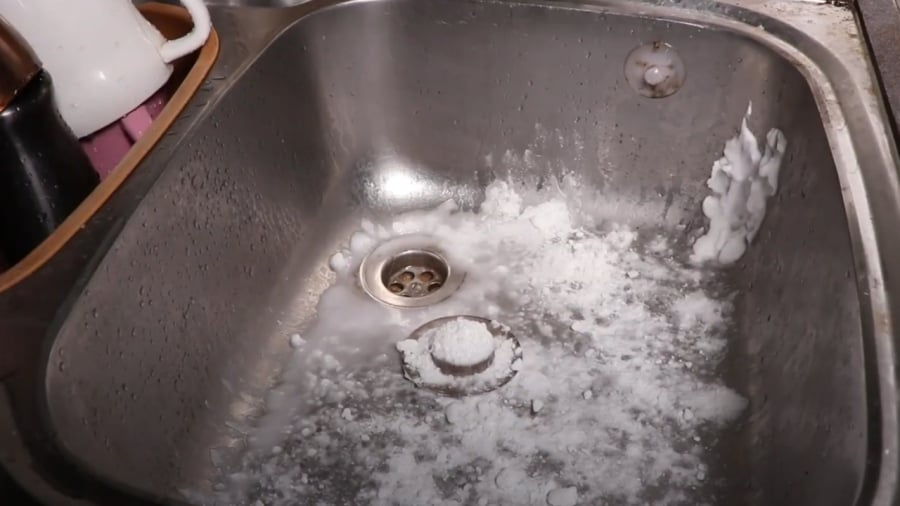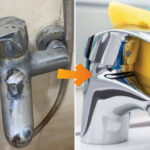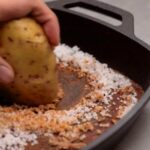Cleaning Your Stainless Steel Kitchen Sink
Stainless steel sinks are a popular choice due to their durability, aesthetic appeal, affordability, and resistance to staining and discoloration. However, they are prone to corrosion and surface damage when exposed to harsh cleaning agents. Neglecting regular cleaning can also lead to a build-up of grime, diminishing their lustrous appearance.
To maintain the pristine condition of your stainless steel sink, refrain from using metallic scouring pads or abrasive cleaning tools as they can leave unsightly scratches. Instead, opt for soft-bristled brushes, sponges, or microfiber cloths to gently scrub the surface.
For a deeper clean, create a natural cleaning solution by sprinkling baking soda over the sink’s surface and then pouring vinegar or lemon juice directly on top. The chemical reaction between these ingredients will generate a fizzing action that helps loosen stubborn grime. Follow up by gently wiping the surface with a soft sponge or cloth, and then rinse away the residue.
After each use and cleaning session, it is advisable to dry the sink with a soft cloth to prevent water spots and maintain its shine.

Baking soda and vinegar are effective in cleaning stainless steel sinks.
Caring for Your Stone Kitchen Sink
Stone sinks offer a sophisticated aesthetic and possess antibacterial properties, but they are susceptible to staining, discoloration, and cracking over time. Regular cleaning is essential to prevent the build-up of grease, grime, and soap scum, which can be achieved using a gentle cleaner like baking soda instead of harsh chemicals.
Avoid allowing acidic substances to remain on the surface, as prolonged exposure can cause yellowing or damage to the stone. It is also recommended to wipe the sink dry after each use to minimize water spots and the formation of calcium deposits.





































